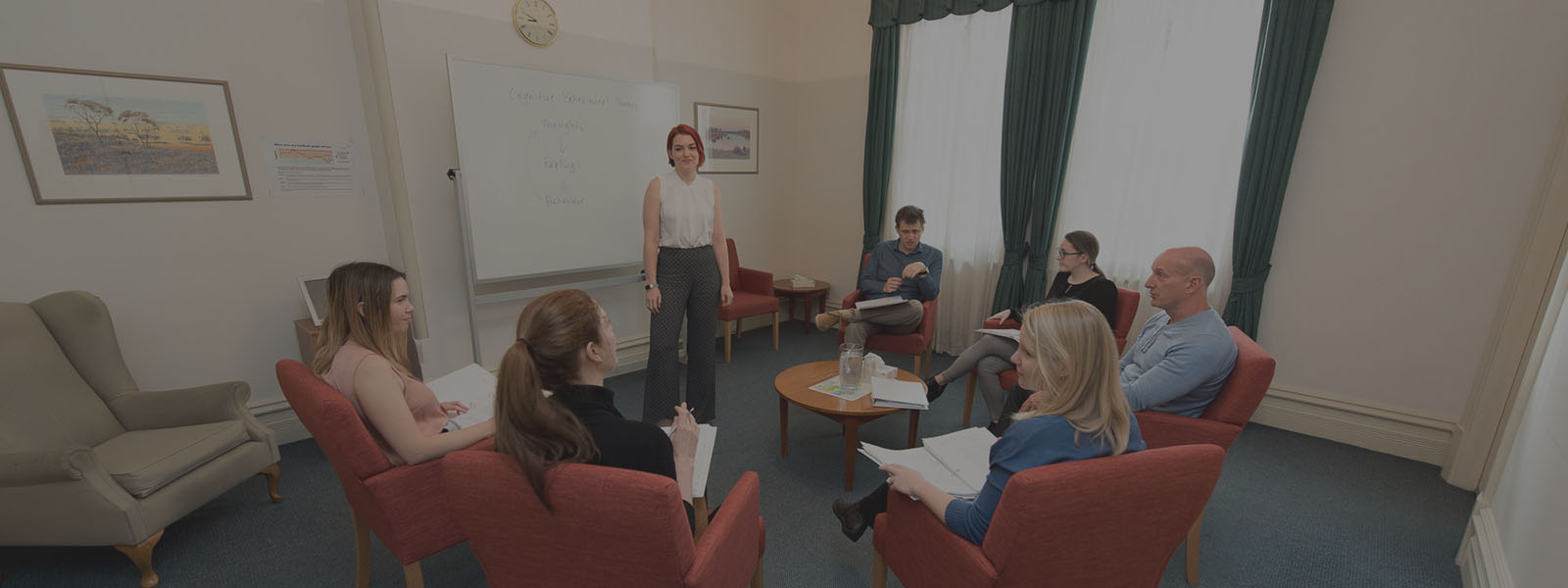Transcranial Magnetic Stimulation Program (TMS) Update

TMS is a relatively new treatment modality in psychiatry, new in the sense that it is becoming increasingly available as a number of the private hospitals take the step in providing this service. Until 2016 there was only one TMS service in WA, operating from the Neurosciences Unit attached to Graylands Hospital. TMS however is not new in the research area. There is now quite an established literature that indicates that TMS is a useful treatment alternative in the management of major depression.
The effectiveness of TMS is well established, with response rates being between 40 and 50%, similar to the response rate to antidepressants in patients with treatment-resistant depression. TMS does not require an anaesthetic and is usually well tolerated with no cognitive side effects. This means patients can generally return to their normal daily activities after the treatment. The most commonly reported side effect is headache which generally are mild and diminish over the course of the treatment.
In July 2016 Perth Clinic expanded its treatment program to include a TMS service which is offered to patients who have been referred for treatment of depression. TMS therapy can be attended as an inpatient or day patient depending on the needs of the patient. For further information on the program and the process for referral please contact our Admissions Coordinator on 94814888.

